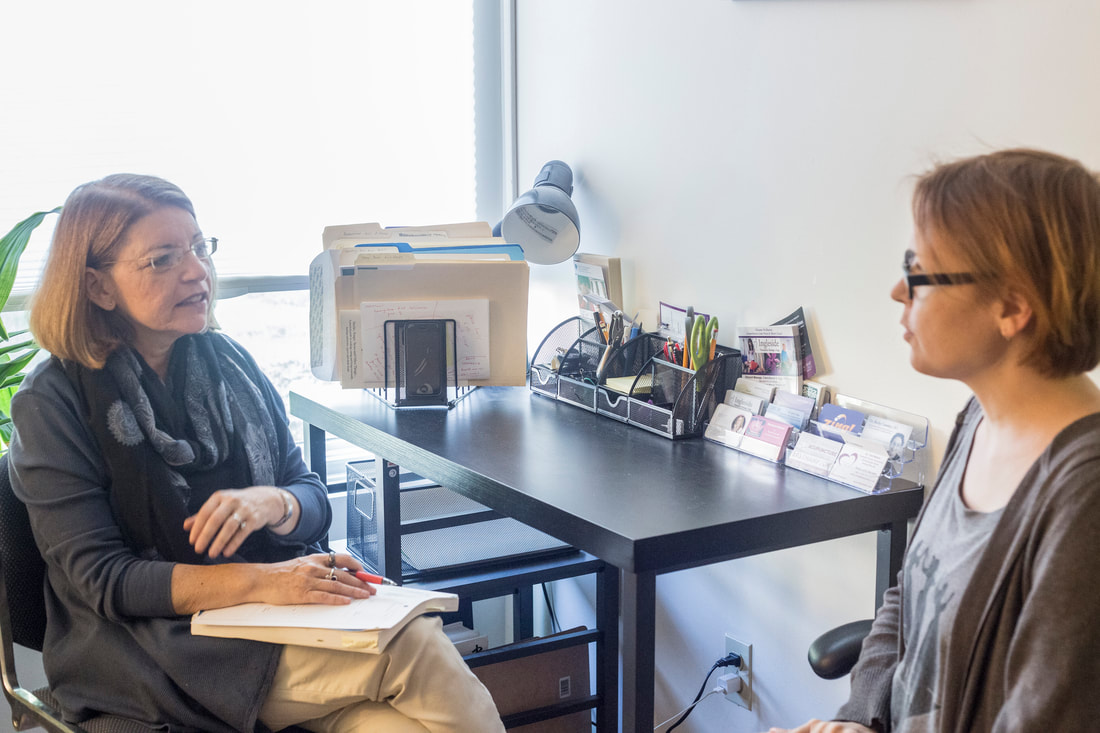|
People often think that there is just one type of acupuncture. They are surprised to find out that Japanese acupuncture is a unique style that can elevate your sense of wellness and well-being.
Acupuncture originated in China over 3,000 years ago and in acupuncture school, we begin by studying the theory of Traditional Chinese Medicine. Both styles use the same theory of the five-element organ system -- kidney/water, liver/wood, heart/fire, spleen/earth, and lungs/metal. Both methods also use the same acupuncture points along the same energetic pathways or meridians. However, the way we practice is slightly different. This is because before the 6th century Buddhist Monks brought acupuncture to Japan. Over time, acupuncture became one of the few career paths for people who were blind. It may seem a little unusual to think of blind people inserting needles, but let me explain. When people can't see, their other senses become more enhanced. Blind acupuncturists became extremely skilled at feeling the pulse and areas of restriction in the body. Fortunately, they were able to pass this knowledge onto current day acupuncturists, including me. This kinesthetic sense helps Japanese acupuncturists treat more gently. A few major Japanese acupuncture benefits include:
They say that Chinese acupuncturists treat from the brain and Japanese acupuncturists treat from the belly. Chinese practitioners come up with a diagnosis and a set of points. Japanese practitioners feel the body and use points that release restrictions while the patient is on the table, looking for reduction in pain and changes in the pulse as we treat. If you have tried Chinese Acupuncture and felt it wasn't quite right for you, you might want to get in touch with me to find out how Japanese Acupuncture can help you.
0 Comments
Leave a Reply. |
AuthorIn practice for over 20 years, Bonnie Diamond offers individualized, heart-centered care using a pain-free, Japanese style of acupuncture. Her work is influenced by her nine year struggle with and complete recovery from Chronic Fatigue Syndrome. Archives
April 2024
Categories
All
|
Serving Easthampton, northampton, Holyoke, Springfield, Chicopee, Westfield and Western Massachusetts
|
Hours are Tuesday-Thursday, 11am-7pm
|
247 Northampton Street, #27 Easthampton, MA 01027 781-718-6325 Get directions Get information on other complementary health resources recommended by Staying in Balance. Pioneer Valley Community Resources |
Copyright 2000-2022 All rights reserved.

